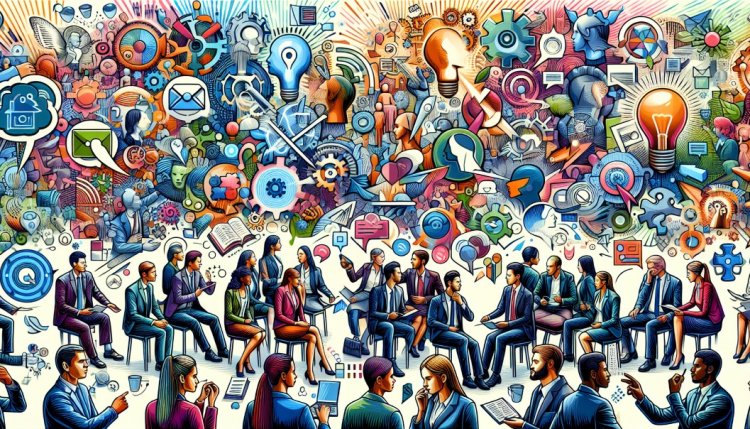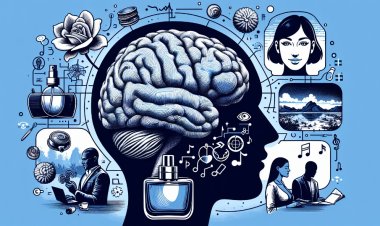Understanding the Importance of Effective Communication
Bridge the gap and build connections! Dive into the power of effective communication, unlocking secrets to clear expression, active listening, and impactful relationships. It's time to unlock your communication superpowers!

The Power of Communication
Effective communication is a vital skill in our daily lives. Whether it's at work, school, or in our personal relationships, the ability to convey our thoughts and ideas clearly is essential. Communication allows us to connect with others, share information, and express our emotions. Without effective communication, misunderstandings can arise, relationships can suffer, and goals can be left unachieved.
The Challenges of Communication
However, communication isn't always easy. We often face challenges that hinder our ability to communicate effectively. One common challenge is the use of unclear or ambiguous language, which can lead to confusion and misinterpretation. Another challenge is the lack of active listening, where we fail to fully understand and engage with the speaker. Additionally, distractions, such as background noise or technology, can disrupt the communication process.
The importance of clarity
Clarity is key when it comes to effective communication. It involves expressing our thoughts and ideas in a concise and understandable manner. By using clear language and avoiding jargon or technical terms, we ensure that our message is easily comprehended by others. Clarity also involves organising our thoughts and presenting information in a logical sequence, making it easier for the listener or reader to follow along.
The Role of Nonverbal Communication
Communication is not limited to words alone. Nonverbal communication plays a significant role in conveying meaning and emotions. Facial expressions, body language, gestures, and tone of voice can all enhance or contradict the words we use. For example, a simple smile can convey warmth and friendliness, while crossed arms may indicate defensiveness or disagreement. Being aware of our nonverbal cues and understanding how they impact our message is crucial.
The Importance of Active Listening
Active listening is a fundamental aspect of effective communication. It involves fully focusing on the speaker and making a conscious effort to understand their perspective. Active listening requires patience, empathy, and an open mind. By actively listening, we not only gain a deeper understanding of the speaker's message but also show respect and build stronger connections with others.
Overcoming communication barriers
Communication barriers can hinder effective communication. These barriers may include language differences, cultural misunderstandings, or physical barriers such as distance or noise. However, by recognising and acknowledging these barriers, we can take steps to overcome them. This may involve using visual aids or written communication to supplement verbal communication or seeking clarification when something is unclear.
Developing effective communication skills
Like any skill, effective communication can be developed and improved over time. Here are some tips to enhance your communication skills:
-
Practice active listening: pay attention to the speaker, maintain eye contact, and avoid interrupting. Focus on understanding rather than formulating a response.
-
Use clear and concise language. Avoid using complex jargon or technical terms. Instead, use everyday language that is easily understood by your audience.
-
Be aware of nonverbal cues: Pay attention to your body language, tone of voice, and facial expressions. Ensure that they align with your intended message.
-
Ask for feedback. Regularly seek feedback from others to understand how your communication style is perceived. Use this feedback to make the necessary adjustments.
-
Adapt your communication style. Recognise that different audiences may require different communication styles. Tailor your message to the needs and preferences of your listeners.
In Conclusion
Effective communication is a valuable skill that benefits all aspects of our lives. By striving for clarity, actively listening, and overcoming communication barriers, we can enhance our relationships, achieve our goals, and foster understanding. Developing effective communication skills takes time and practice, but the effort is well worth it. So, let's embrace the power of communication and strive to be better communicators in all areas of our lives.



 admin
admin 










